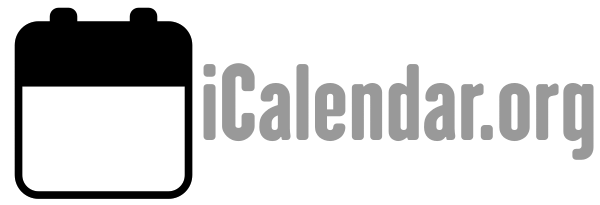The CALDAV
calendar-multiget REPORT is used to retrieve specific calendar object resources from within a collection, if the Request- URI is a collection, or to retrieve a specific calendar object resource, if the Request-URI is a calendar object resource. This report is similar to the CALDAV:calendar-query REPORT (see Section 7.8), except that it takes a list of DAV:href elements, instead of a CALDAV:filter element, to determine which calendar object resources to return.
Support for the CALDAV
calendar-multiget REPORT is REQUIRED.
Marshalling
The request body MUST be a CALDAV:calendar-multiget XML element (see Section 9.10). If the Request-URI is a collection resource, then the DAV:href elements MUST refer to calendar object resources within that collection, and they MAY refer to calendar object resources at any depth within the collection. As a result, the "Depth" header MUST be ignored by the server and SHOULD NOT be sent by the client. If the Request-URI refers to a non-collection resource, then there MUST be a single DAV:href element that is equivalent to the Request-URI.
The response body for a successful request MUST be a DAV: multistatus XML element.
The response body for a successful CALDAV:calendar-multiget REPORT request MUST contain a DAV:response element for each calendar object resource referenced by the provided set of DAV:href elements. Calendar data is being returned in the CALDAV:calendar- data element inside the DAV:prop element.
In the case of an error accessing any of the provided DAV:href resources, the server MUST return the appropriate error status code in the DAV:status element of the corresponding DAV:response element.
Preconditions
(CALDAV
supported-calendar-data) and "version" of the CALDAV:calendar-data XML elements (see Section 9.6) specify a media type supported by the server for calendar object resources.
(CALDAV
min-date-time) MUST have its start or end DATE or DATE-TIME values greater than or equal to the value of the CALDAV:min-date-time property value (Section 5.2.6) on the calendar collections being targeted by the REPORT request;
(CALDAV
max-date-time) MUST have its start or end DATE or DATE-TIME values less than or equal to the value of the CALDAV:max-date-time property value (Section 5.2.7) on the calendar collections being targeted by the REPORT request;
Postconditions
None.
